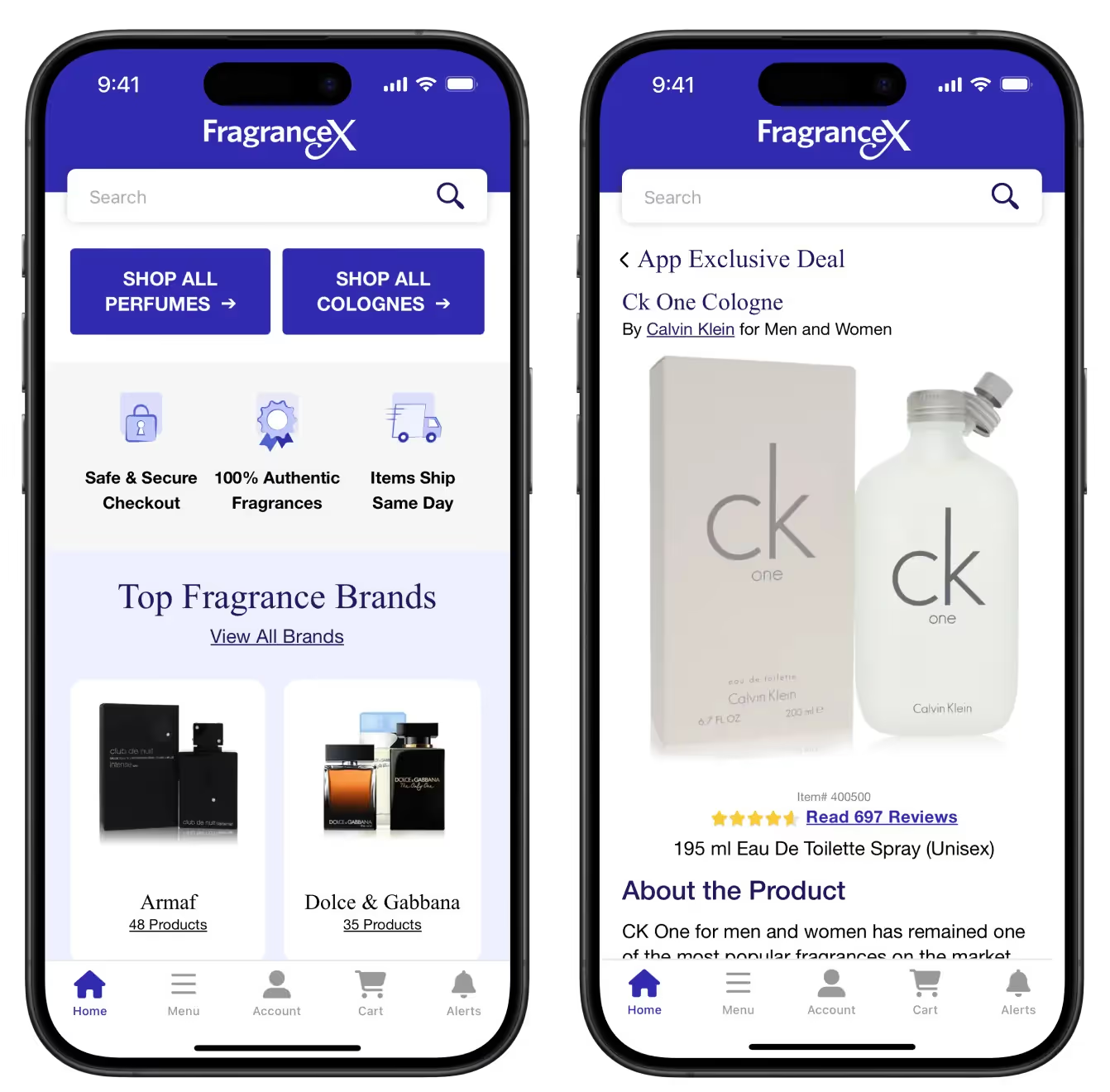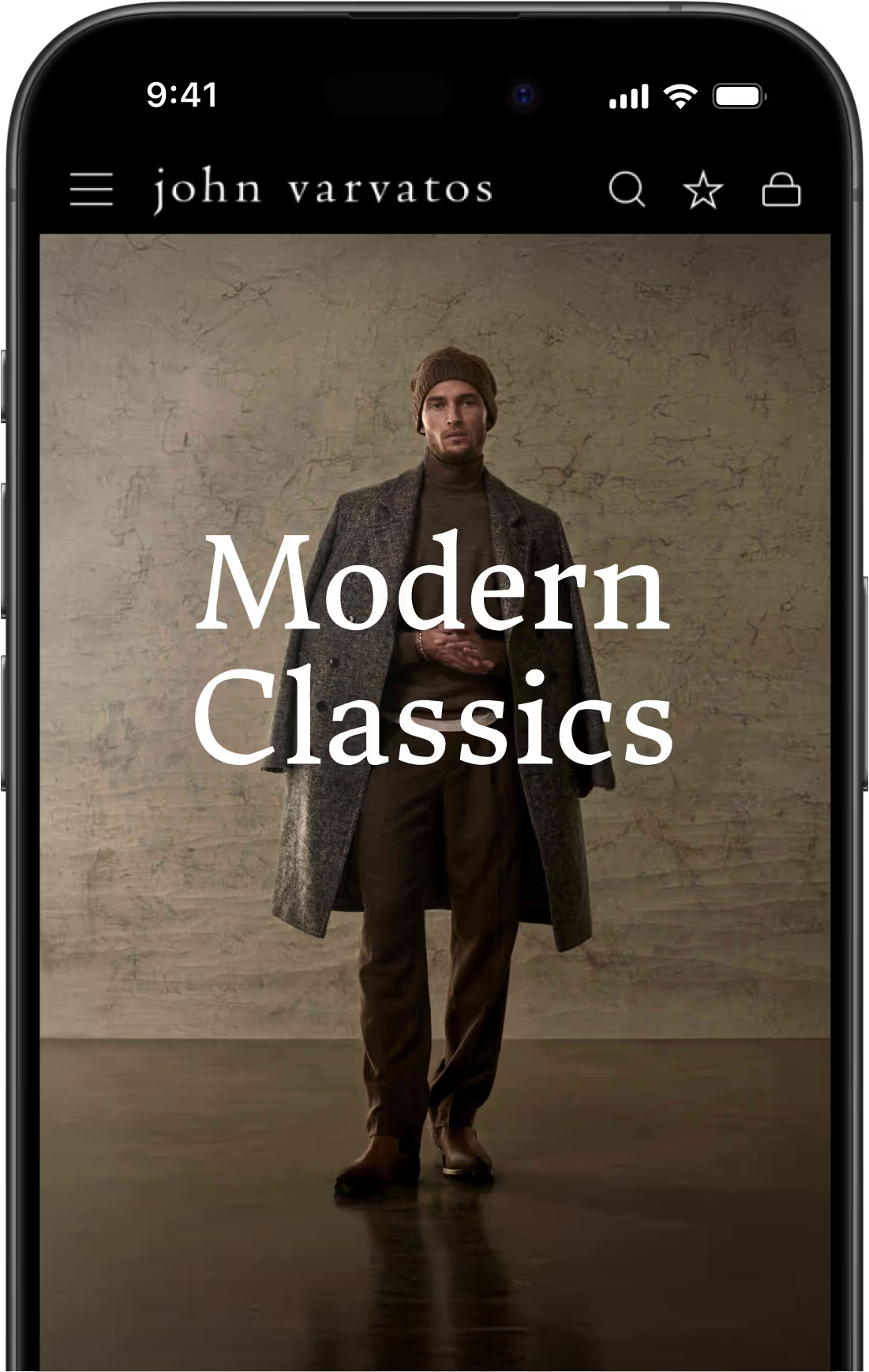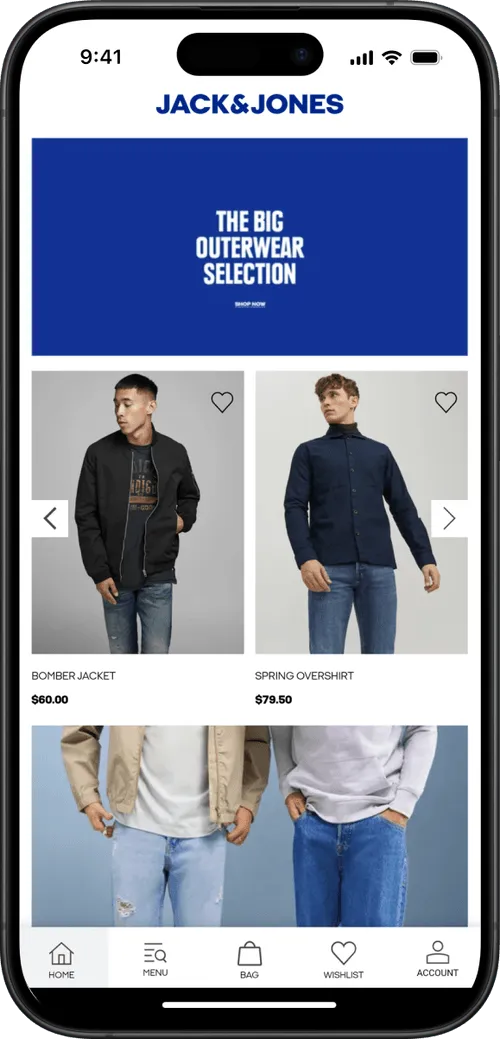MobiLoud is a more flexible, more affordable, and much more straightforward Tapcart alternative.
Your website's entire tech stack will work in the app from day one.
No rebuilding, no messing around trying to rebuild the UI you've already spent years perfecting.
And no need to put hours into building and managing your app, sapping your workflow and taking resources away from other areas of your business.
MobiLoud apps take little to no work to manage, automatically syncing with everything that happens on your site.
Website changes, merchandising changes, new products, new promotions, you'll always have complete consistency between website and app, with no management required.
App builders like Tapcart require double the work for every change you make.
And yet you may not be able to fully integrate everything from your website anyway (without extensive custom development and Tapcart's developer tools - which adds A LOT to the base cost of your app).
MobiLoud is just simpler, and easier, for virtually the same end result (or better, if you rely on any custom features or aspects the Shopify API doesn't enable).
We take care your mobile app, allowing you to focus your attention and resources on other areas of your business.
Get a free consultation now to see if MobiLoud is the right way to build a mobile app for your Shopify store.
























